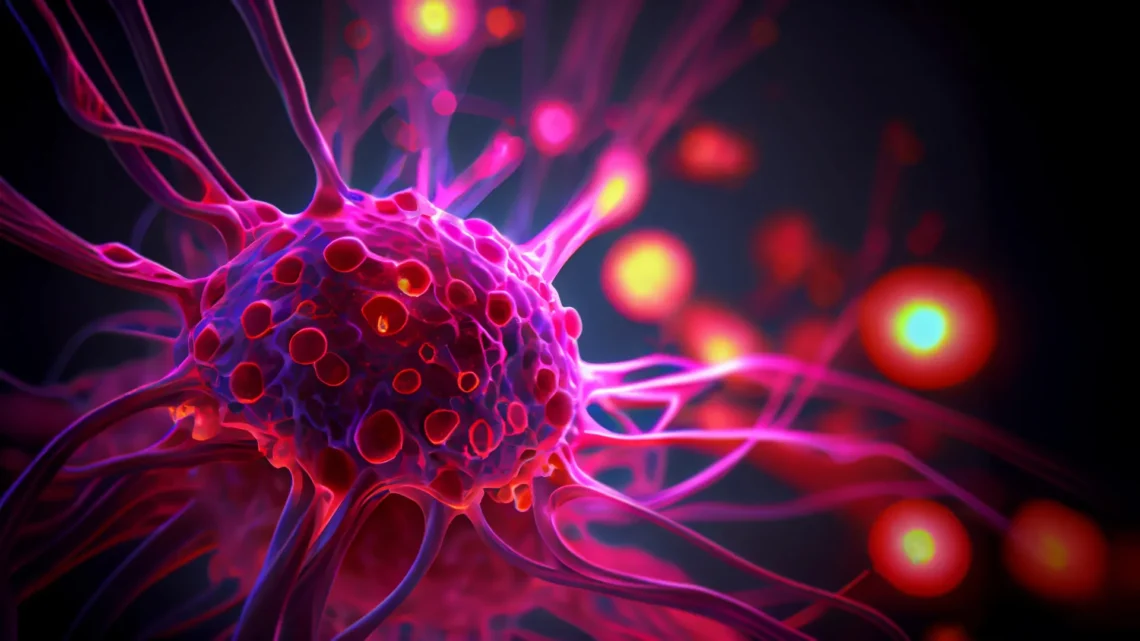Study Reveals Lymphoma’s Impact on Biological Aging
A recent study led by researchers at Moffitt Cancer Center has demonstrated that lymphoma can accelerate the biological aging of the immune system and other tissues, providing new insights into how cancer affects the body beyond tumor growth.
Key Findings from the Study
The study, published in Cancer Cell, illustrates that B cell lymphoma rapidly transforms young T cells—essential components of the immune response—into a state reminiscent of T cells found in much older individuals. Notable changes included increased inflammation, disrupted protein balance, and altered iron regulation. Moreover, these effects extend beyond immune cells; indicators of aging were also identified in blood vessels, kidneys, and intestines.
Implications for Cancer Patients
According to Dr. John Cleveland, the study’s senior author and chief scientific officer at Moffitt, “Cancer doesn’t just grow in isolation; it has widespread effects on patients. We found that lymphoma alone, without treatment, is sufficient to provoke systemic signs of aging.” This finding helps clarify why many cancer patients experience symptoms typically associated with advanced age.
Challenging Long-Held Beliefs
The research challenges the traditional view that accelerated aging in cancer patients is primarily attributed to treatments such as chemotherapy or radiation. While these therapies are recognized for their aging effects on cells, the findings suggest that the cancer itself can induce aging-like changes in immune and tissue systems.
Potential Interventions and Future Directions
Dr. Rebecca Hesterberg, the study’s lead author from Moffitt’s Department of Tumor Microenvironment and Metastasis, stated, “Our results also suggest there may be opportunities to reverse some cancer-driven aging effects. By understanding the biology, we can begin to consider interventions that not only treat cancer but also protect or even restore healthy immune function.”
Researchers found that T cells exposed to lymphoma accumulated excess iron, rendering them resistant to a specific type of cell death known as ferroptosis. Additionally, these T cells exhibited defects in protein quality control—an indicator of aging. Remarkably, some of these alterations were reversible following tumor elimination in animal models, highlighting new therapeutic possibilities.
Conclusion and Future Research
In light of an aging global population and the increasing cancer risk associated with advanced age, this study emphasizes the necessity of understanding the interactions between cancer and aging biology.
The research received support from various organizations, including the National Institutes of Health, the Leukemia and Lymphoma Society, and the Florida Department of Health.
Key Health Takeaway
This study highlights that lymphoma not only drives tumor growth but also accelerates biological aging in the immune system and other tissues, suggesting that both cancer treatment and aging-related interventions may be critical for improving patient outcomes.





